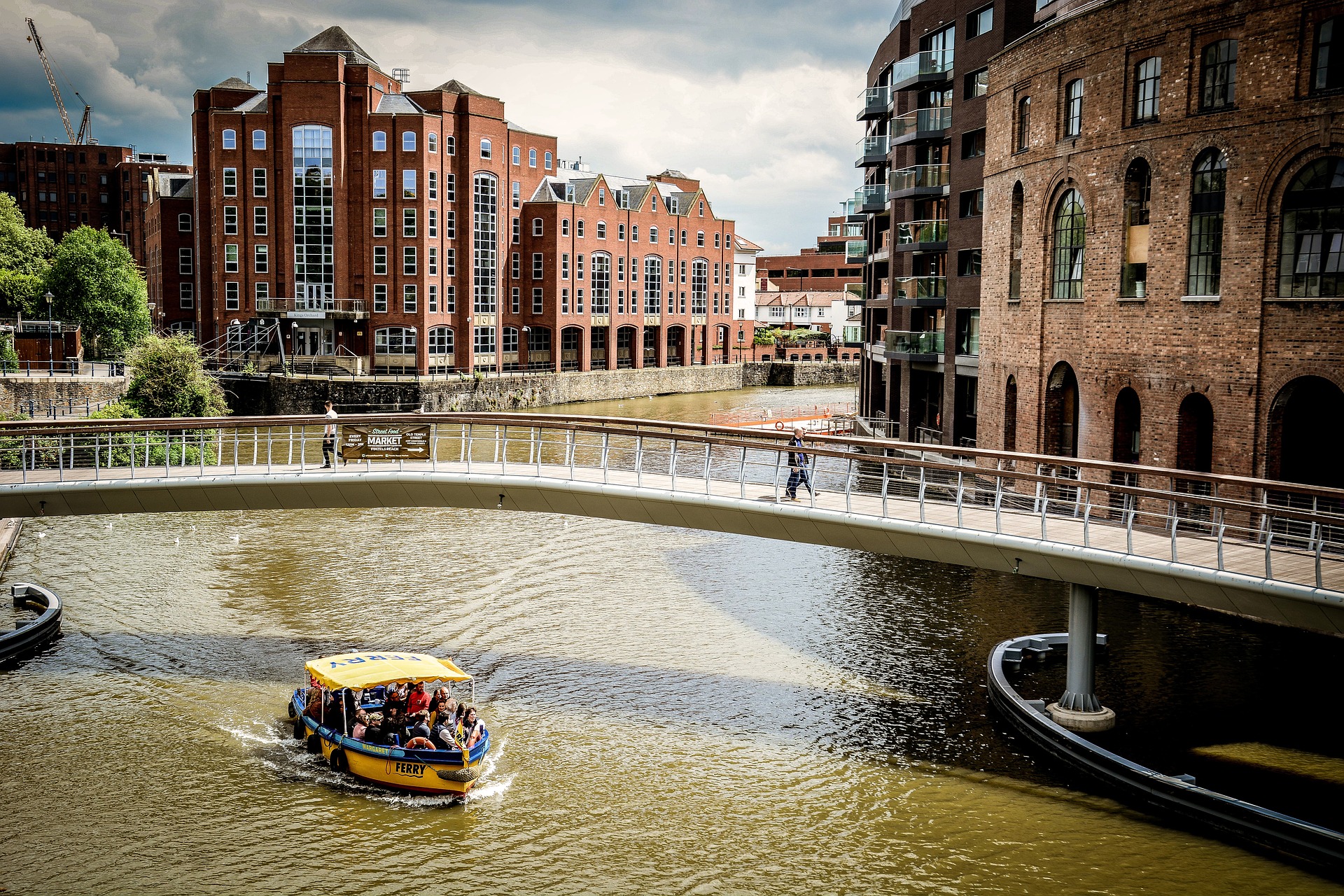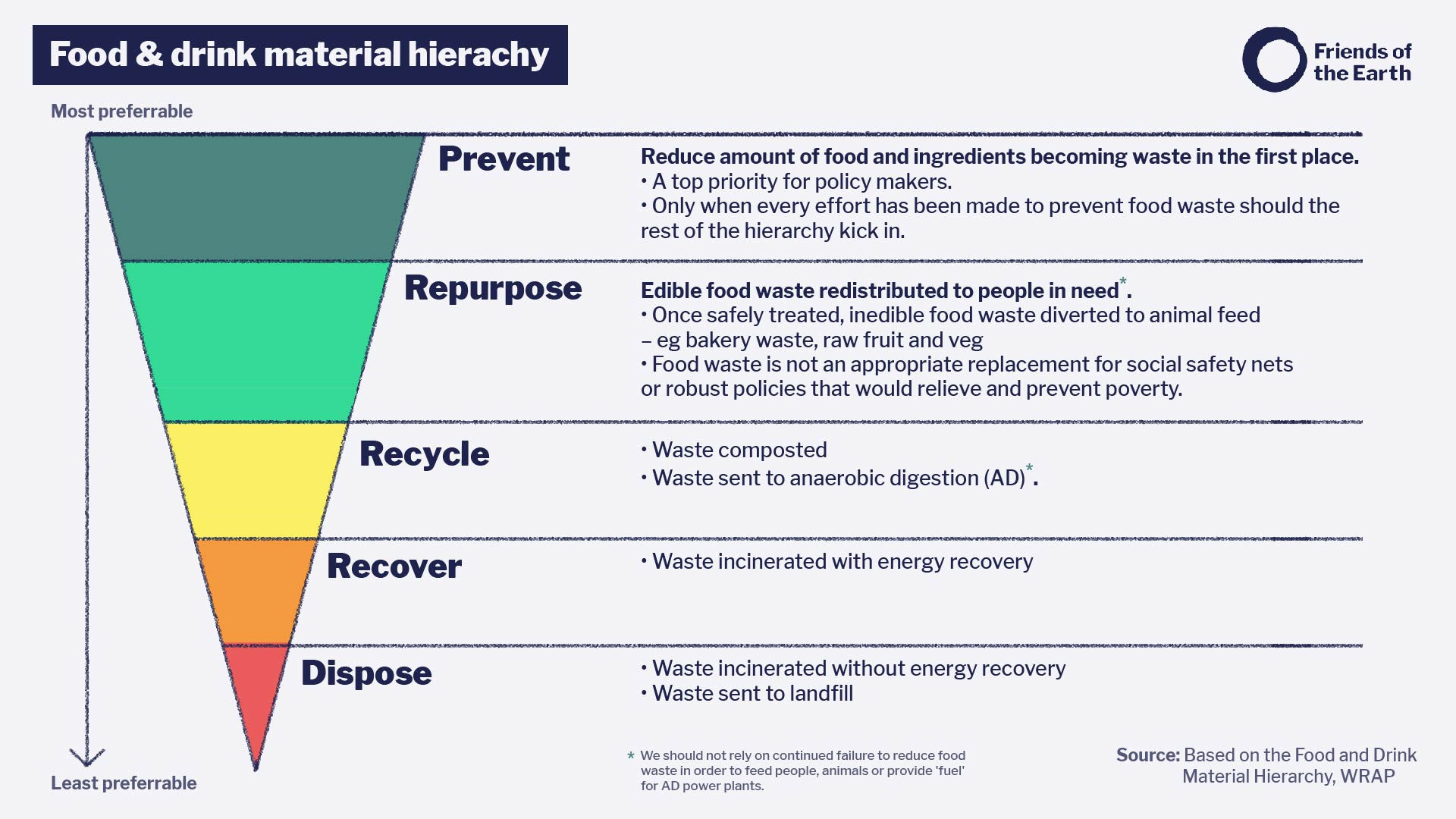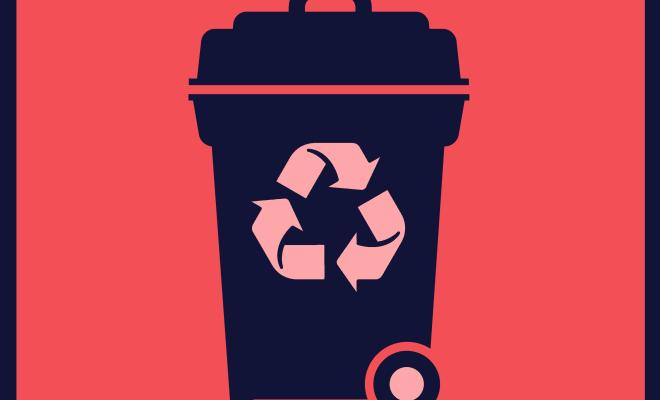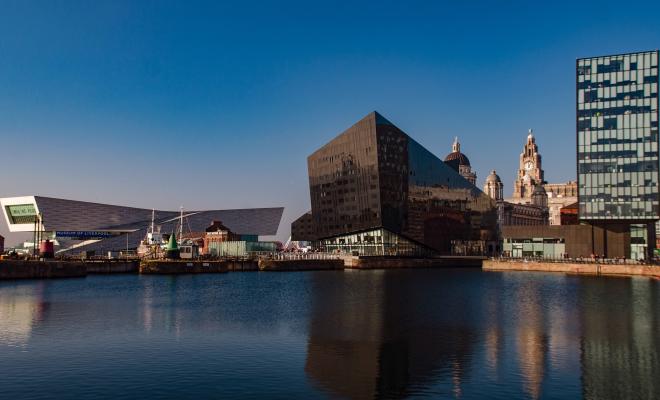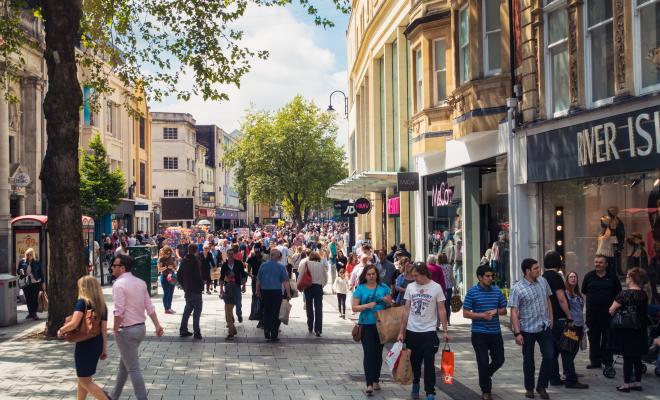20 Sep 2024
How is Action 21 tackling the climate crisis?
Growing, processing, packaging and transporting food all contribute to climate change and when food is thrown away, it rots and releases greenhouse gases into the atmosphere.
Bristol City Council is working with city partners to become a zero-waste city, an ambition set out in its One City Plan, which includes tackling food waste. Its priority is reducing the amount of food waste generated and also maximising the redistribution and recycling of food waste in order to cut the amount being disposed of via incineration.
Bristol’s city-wide approach to food waste reduction was a key pillar in its successful application to achieve the status of Gold Sustainable Food City from Sustainable Food Places.
20,000 tonnes of food is thrown away every year in Bristol, accounting for about a quarter of all domestic waste in the area. This equates to the average Bristol household wasting edible food worth around £730 per year. As almost 75% of this food waste is avoidable, the council and Bristol Waste Company have developed multiple measures to stimulate local behaviour change in support of a more circular economy.
Preventing food waste
Bristol City Council is prioritising and taking action on preventing food waste.
A Good Food & Catering Procurement Policy has been in place since 2018. This requires council-linked food services to produce an annually reviewed plan for reducing food waste and minimising its impact. The Bristol Eating Better Award supports and awards businesses and schools for adapting their offerings to include more sustainable options, which include cutting food waste and food packaging.
The council is currently developing a Sustainable Procurement Policy and a Waste Strategy and Action Plan, which will take further action to prevent food waste.
Reuse and Recycling
Bristol Waste Company, a business wholly owned by Bristol City Council, provides a weekly kerbside food waste recycling collection service for households in Bristol.
To improve food waste recycling participation, Bristol Waste Company has set up successful awareness campaigns to educate and encourage residents to use their food waste bins so that the resource can be recycled.
In 2018, the "Slim My Waste, Feed My Face" campaign was launched to improve food waste capture rates by encouraging residents to use their brown food bins instead of black bins for food waste. Residents were given leaflets on the benefits of using food waste bins, and stickers to decorate their food bins in order to become eye-catching reminders of the importance of recycling food waste.
This campaign was followed by the "Stop Bin-digestion" public campaign in 2020, which gave 100,000 households useful tips to reduce food waste, covering buying food, safe storage, cooking and waste disposal.
Biogas
Food waste that is captured by the city’s recycling services, is sent to a food waste anaerobic digestion plant in Avonmouth. Here, anaerobic digesters turn food waste into biogas and biofertiliser.
This biogas is used to produce electricity on-site, or is upgraded with biogas produced from onsite sewage treatment works to create biomethane. This is used to fuel the "Bio-Bus", Bristol’s biomethane-powered public bus. The biomethane can also feed directly into the National Gas Grid to supply energy to homes, schools and businesses.
By using only waste and not energy crops the biogas production doesn't rely on land better used for growing food.
What impact has the project had?
Over 250 local businesses and schools have received a Bristol Eating Better Award.
The public food waste campaigns have had a significant impact - over 290 tonnes of additional food waste was collected in the 10 weeks following the "Slim My Waste Feed My Face" campaign, which prevented over 174 tonnes of CO2 equivalent if that waste had gone to landfill.
The production of biogas from food waste has also been successful. The "Slim My Waste, Feed My Face" campaign allowed for the creation of enough additional biogas to power 180 households for a year. In addition, each tonne of food waste redirected from landfill stops over half a tonne of CO2 from entering the atmosphere.
What made this work?
The development of key internal and external partnerships has been central to the project’s success.
Sustainability consultants Resource Futures are a critical partner and coordinator of the Food Waste Action Group (FWAG), a collaboration of Bristol City Council and other groups including Bristol Waste, FareShare and the city’s universities. Resource Futures supported Bristol’s application to become a Gold Sustainable Food City, supporting Food Waste Action Group members to prioritise prevent, reuse and recycle, as well as facilitating workshops with local businesses to understand their needs and the barriers to wider food waste engagement.
GENeco, a subsidiary of Wessex Water, pioneered a method of creating biogas from food waste whilst producing fertiliser from the remaining solids. GENeco’s support has enabled Bristol City Council to reduce the amount of food waste entering landfill, whilst their Bio-Bus gave people a visual demonstration of the benefits of tackling food waste.
Complementary activity in the city
Bristol has an active food redistribution scene. Edible surplus food from businesses and the food manufacturing industry is redistributed by a wide range of organisations across the city, the largest of which being FareShare South West (SW) and Neighbourly. Food is also redistributed via food-sharing opportunities, these include community fridges available via the Bristol Food Network, as well as food sharing apps such as Too Good To Go that help people buy and collect surplus food from cafes and restaurants at a heavily discounted price, and Olio – an app that encourages neighbours to give, lend and share food, as well as other household items.
Community engagement is crucial
Public awareness campaigns and wider conversations were key to behaviour change at the household level. Bristol Waste emphasised the benefits of preventing food waste, notably potential savings of up to £730 per year per household, more space in regular bins and less nasty smells and pests.
What resources were needed?
Food waste remits are embedded into Bristol City Council’s broader Climate and Ecological Emergency programme. The local authority has one officer working on food waste as part of a wider responsibility for waste strategy, and another focusing on sustainable food systems which encompass food waste. In addition to this, Bristol Waste Company has an engagement team of 5 working on wider waste management and recycling issues.
The approximate cost of the Slim My Waste campaign that was delivered in 2018 was £130,000.
Lessons from Bristol
Go for an award-winning collaboration
From Bristol’s experience, it's vital to approach food waste as a whole city. Collaboration with community groups, universities and external companies is required to be able to manage waste according to the food waste hierarchy.
Applying to become a Gold Sustainable Food City (SFP) brought all stakeholders together and got broad political buy-in. It created a tangible objective to work towards. It’s worth councils getting partners together through an SFP initiative even if it's not yet at the point of going for Gold - the collaboration is still really valuable in aiming for bronze or silver.
Consider a trial awareness campaign
If you are unable to launch a city-wide public awareness campaign on food waste, start small. The Slim My Waste awareness campaign initially began with a month-long trial in Bristol’s Hartcliffe area, where 1,000 food waste bins were given out to residents. This month-long trial saw an immediate 87% increase in the volume of food waste collected for recycling and anaerobic digestion.
Friends of the Earth's view
Bristol City Council’s success in cutting food waste demonstrates the importance of good public engagement and working in partnership to achieve the council’s environmental aims.
Preventing food waste and supporting the redistribution of edible food are important elements in a circular economy. Councils should be aiming to adopt circular economy principles in all relevant plans and contracts (Action 38).
Friends of the Earth is showcasing specific examples of good practice in tackling climate change, but that doesn’t mean we endorse everything that a council is doing.
This case study was produced by Ashden and Friends of the Earth. Any references to national policy in this case study relate to policy under the previous government and reflect the policy context in which the council was operating at the time.


